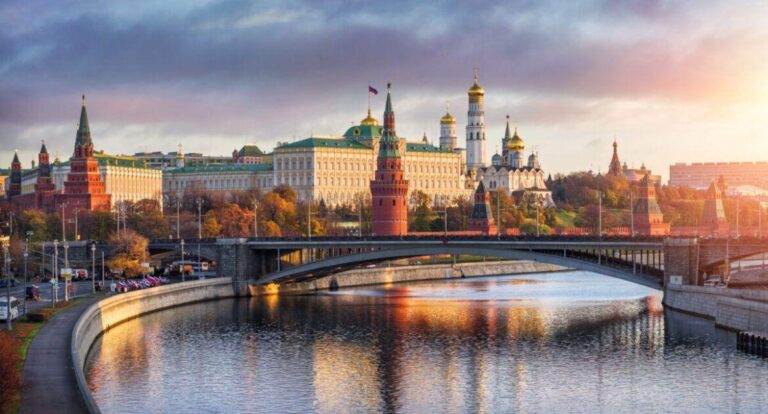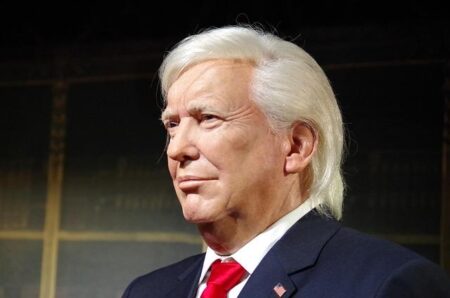In a significant move raising concerns among human rights advocates, Russia has officially withdrawn from the European Convention for the Prevention of Torture and Inhuman or Degrading Treatment or Punishment. This departure marks a critical shift in Moscow’s relationship with European human rights mechanisms, as the convention has long served as a key instrument for monitoring detention conditions across member states. The withdrawal, confirmed by Russian authorities this week, is expected to have profound implications for oversight and accountability in the country’s penal and law enforcement systems.
Russia Exits European Convention for the Prevention of Torture Raising Human Rights Concerns
Russia’s decision to withdraw from the European Convention for the Prevention of Torture marks a significant setback in international human rights monitoring efforts. Critics fear that this move could lead to decreased transparency and accountability regarding the treatment of detainees within Russian jurisdiction. The European Committee for the Prevention of Torture (CPT) has long played a critical role in inspecting prisons and detention centers to ensure compliance with human rights standards. With Russia’s exit, the collaborative mechanism designed to deter and investigate allegations of torture and ill-treatment stands substantially weakened.
Human rights advocates emphasize several potential consequences of this withdrawal, highlighting concerns that include:
- Reduced external scrutiny of Russian detention facilities
- Limited access for independent investigators and NGOs
- Possible escalation in reports of maltreatment without international oversight
- Worsening diplomatic relations regarding human rights cooperation
| Aspect | Before Withdrawal | After Withdrawal |
|---|---|---|
| International Inspections | Regular visits by CPT | Access voluntarily granted or denied |
| Transparency Level | Moderate with cooperation | Markedly reduced |
| Human Rights Monitoring | Systematic and standardized | Fragmented and irregular |
| Relations with Europe | Cooperative | Strained |
Implications for International Oversight and Accountability in Russia
The move significantly complicates efforts by international bodies to monitor detention conditions and human rights practices within Russia. With the withdrawal, independent inspections by the European Committee for the Prevention of Torture will cease, limiting transparency and accountability mechanisms that had previously served as crucial checks on state power. This raises concerns over the potential erosion of safeguards designed to protect vulnerable populations from mistreatment and abuse in custody.
Experts warn that without external oversight, any allegations of torture or ill-treatment may increasingly rely on internally controlled investigations, which often lack impartiality. Key consequences include:
- Restricted access for international monitors to prisons and detention centers
- Reduced cooperation between Russia and European human rights institutions
- Challenges for global legal mechanisms attempting to hold perpetrators accountable
| Aspect | Pre-Withdrawal Status | Post-Withdrawal Outlook |
|---|---|---|
| Inspection Rights | Regular visits by European CPT teams | Visits likely suspended, access denied |
| Reporting Transparency | Public, independent reports published | Reports controlled by state bodies |
| International Cooperation | Active collaboration with European institutions | Cooperation uncertain or minimal |
- Reduced Transparency: Previously public, independent reports on detention conditions will now be controlled by state bodies, raising concerns about impartiality and completeness.
- Diminished International Cooperation: Collaboration between Russia and European human rights institutions is expected to become minimal or uncertain, affecting global accountability mechanisms.
This shift increases the risk that allegations of torture or ill-treatment will depend solely on internal investigations, which are often biased, potentially eroding protections for vulnerable detainees.
Calls for Stronger Global Mechanisms to Address Torture and Enforce Compliance
In light of Russia’s recent withdrawal, international human rights advocates are urging the global community to develop more robust and enforceable frameworks to prevent torture and hold violators accountable. Experts emphasize that existing regional agreements, while significant, often lack the necessary teeth to ensure state compliance, especially when member nations choose to disengage. There is growing consensus that a cohesive approach, transcending regional boundaries, is essential to safeguard human rights universally.
Key suggestions from human rights organizations include:
- Establishing an independent global monitoring body with powers to conduct unannounced inspections and impose sanctions.
- Integrating clearer compliance mechanisms within international treaties, including automatic penalties for withdrawal or non-compliance.
- Enhancing transparency and reporting standards through publicly accessible databases and regular progress reviews.
| Proposed Mechanism | Key Feature | Potential Impact |
|---|---|---|
| Global Torture Prevention Agency | Unrestricted Inspection Access | Increased Accountability |
| Universal Compliance Clauses | Binding Withdrawal Penalties | Deterrence of Treaty Exits |
| Transparency Portal | Public Reporting & Data Access | Enhanced Public Awareness |
In Conclusion
Russia’s withdrawal from the European Convention for the Prevention of Torture marks a significant shift in the country’s engagement with European human rights mechanisms. As the international community closely watches the implications of this move, questions remain about the future of torture prevention and human rights oversight within Russia. Observers will be monitoring how this decision affects both Russia’s legal landscape and its relations with European institutions moving forward.




